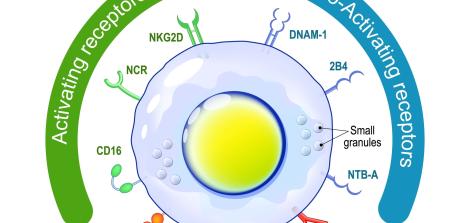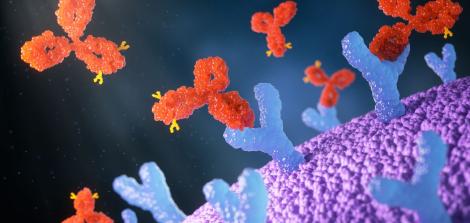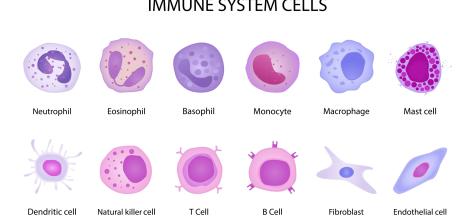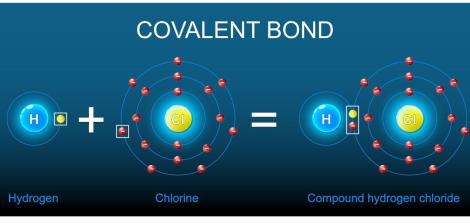Epigenetics

Epigenetics is a field of research that studies changes in gene function that are not caused by changes in the DNA sequence itself.
Did you know? Only 2% of the information in our DNA are genes – meaning DNA that contains the information for producing proteins, the main substances that drive most processes in the body. 98% of our DNA is non-coding DNA, which, contrary to past beliefs, is not “junk” or useless evolutionary residue.
The word “epigenetics” comes from the Greek words “epi” (above) and “genetics” (the science of genes) and refers to changes that occur above the genetic sequence. In other words, epigenetics deals with how the environment or factors regulating gene activity influence gene expression, without altering the basic genetic sequence.
An example of epigenetic research is the impact of diet, stress or pollution on our health. For instance, studies have shown that a sugar-rich diet can alter the expression of genes associated with diabetes, and prolonged exposure to stress can affect genes related to immune response.
Epigenetic researchers also study processes that regulate genetic processes. These processes are not caused by genes responsible for producing proteins, rather by parts of the DNA that do not code for proteins. Various chemical processes influence the way that our genes are expressed, providing a deeper understanding of how genes function and are expressed in a changing environment.
Last Updated Date : 03/08/2024








